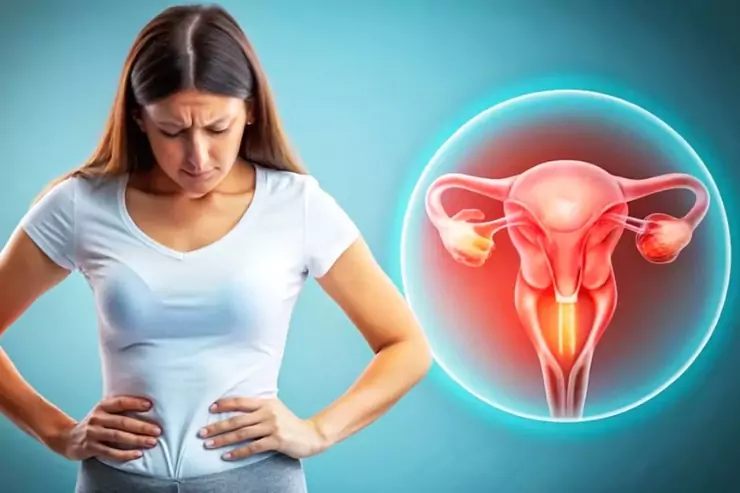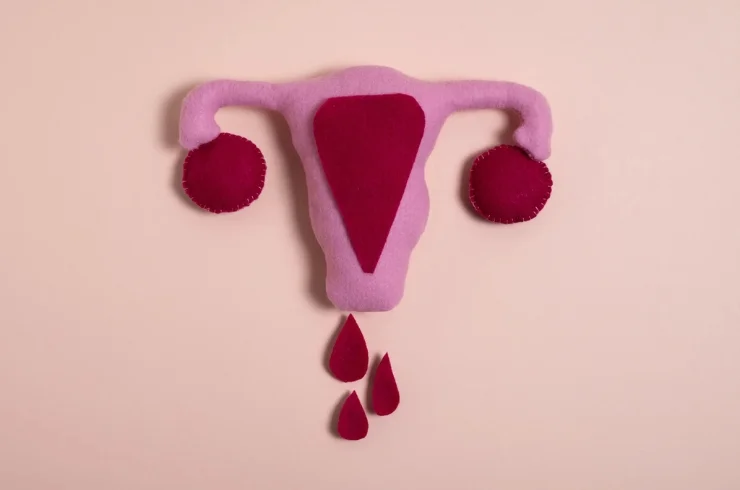Reproductive Endocrinology

Polycystic Ovary Syndrome(pcos)
Polycystic Ovary Syndrome (PCOS) is a hormonal disorder that causes irregular periods, weight gain, acne, and excess hair growth. It affects ovulation and can lead to fertility issues. Hormonal imbalance is the main cause, and early treatment can help manage symptoms.

Hirsuitism
Hirsutism is a condition where women develop excessive, unwanted hair growth on the face, chest, or back. It is often caused by an increase in male hormones (androgens) and is commonly linked with hormonal disorders like PCOS. Hirsutism can affect self-esteem but can be managed with medical treatment and lifestyle changes.

Thyroid Disorders
Thyroid Disorders occur when the thyroid gland produces too much or too little hormone. Common types include hypothyroidism (slow metabolism) and hyperthyroidism (fast metabolism). Symptoms may include weight changes, fatigue, mood swings, hair loss, and irregular periods. These hormonal imbalances can affect overall health but are manageable with proper diagnosis and treatment.

Abnormal Bleeding
Abnormal Bleeding refers to any unusual bleeding from the uterus, such as heavy periods, bleeding between periods, or bleeding after menopause. It is often caused by hormonal imbalances, fibroids, polyps, or other underlying health issues. This condition can disrupt daily life and may require medical evaluation and treatment.

weight Gain (Obesity)
Weight Gain (Obesity) is a condition where excess body fat affects health and daily activities. It can result from poor diet, lack of exercise, hormonal imbalances, or medical conditions like thyroid disorders or PCOS. Obesity increases the risk of diabetes, heart disease, and joint problems. Lifestyle changes and medical support can help in effective weight management.

Primary Amenorrhoea
Primary Amenorrhoea is when a girl hasn’t started her period by age 15. It can be caused by hormonal imbalances, genetic conditions, or structural issues in the reproductive system. Early diagnosis is important to identify the cause and begin appropriate treatment.

Delayed/ Early Puberty
Delayed or Early Puberty refers to puberty that starts much later or earlier than the typical age. It can be caused by hormonal imbalances, genetic factors, or underlying health conditions. These changes can affect physical growth, emotional health, and self-esteem. Medical evaluation helps in identifying the cause and guiding treatment.
